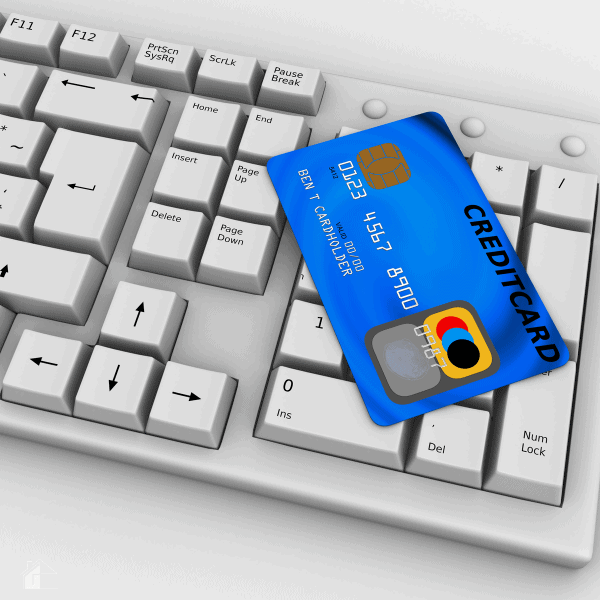Start the Year Strong: Effective Ways to Save Money in January
This post may contain affiliate links which might earn us money. Please read my Disclosure and Privacy policies hereJanuary marks a fresh start, offering the perfect opportunity to set new goals and establish habits that can lead to financial stability. If you’ve never focused on saving money at the start of the year, this is a great time to begin. Follow these straightforward and effective strategies to make January your month for financial success.
Saving money in January is crucial because it sets the tone for your financial habits throughout the year. Starting in January allows you to take advantage of the momentum of New Year’s resolutions and the natural inclination to establish goals.
By focusing on saving early, you’ll be better prepared to handle unexpected expenses and take advantage of future opportunities.
January is also an ideal time to reassess spending habits following the holidays and to implement cost-saving measures while motivation is high.

Assess Your Current Financial Situation
Before you can make progress, it’s important to understand where you currently stand. If this is your first attempt, start small to avoid feeling overwhelmed. Break the process into manageable steps:
- Review Your Income and Expenses
- Write down your monthly income and list all expenses, including small purchases like coffee or snacks.
- Categorize your spending into needs, wants, and non-essentials. Start by identifying one or two areas where you can cut back.
- Check Outstanding Debts
- Make a list of all your debts, including credit cards, personal loans, and student loans.
- Don’t feel pressured to tackle everything at once. Focus on high-interest debt first, which will save you more money in the long run.
- Set Clear Financial Goals
- Decide what you want to achieve, such as building an emergency fund or paying off a specific debt. Set small, achievable milestones to maintain motivation.
Plan Your Budget
A realistic and flexible budget is the foundation of successful money management. If you’re new to budgeting, take it one step at a time:
- Choose a Budgeting Method
- Consider using a zero-based budget, where every dollar is allocated to a specific purpose, or try the envelope system for better control over spending. The pay-yourself-first method can also be effective by prioritizing savings and essentials before other expenses.
- Track Spending Consistently
- Use simple tools like a notebook, apps, or spreadsheets to record daily expenses. Start by tracking one category, such as groceries, to ease into the habit.
- Set Realistic Spending Goals
- Avoid rigid limits that might feel restrictive. Instead, create weekly spending goals that reflect your actual needs and adjust them as necessary.
Reduce Non-Essential Expenses
Cutting back on non-essential expenses doesn’t have to feel restrictive. Focus on simple changes that can make a big difference:
- Cancel Unused Subscriptions
- Review your monthly subscriptions and cancel at least one service you haven’t used recently. This small step can save money without much effort.
- Limit Dining Out
- Start by replacing just one takeout meal per week with a home-cooked alternative. Look for easy recipes to reduce the time and effort required.
- Use Cash for Extras
- Withdraw a set amount of cash for discretionary spending, such as entertainment or treats. This physical limit makes it easier to stick to your goals.
- Plan Your Shopping
- Before heading to the store, write a list of what you need and stick to it. This reduces impulse purchases and helps you stay on track.
Build a Savings Plan
Building savings is essential, even if you start small. These tips can help you get started:
- Automate Your Savings
- Set up automatic transfers to a savings account on payday. Begin with an amount that feels manageable, even if it’s just $10 or $20.
- Try a Savings Challenge
- Participate in a fun challenge, like saving an increasing amount weekly (e.g., $1 in week one, $2 in week two). It’s a simple way to build momentum.
- Open a High-Yield Savings Account
- Look for an account with competitive interest rates to maximize your savings. Online banks often offer great options.
- Save Unexpected Income
- Use bonuses, refunds, or other windfalls to boost your savings instead of spending them immediately.

Tackle Debt Strategically
Paying down debt can feel overwhelming, but breaking it into manageable steps makes it easier:
- Choose a Repayment Strategy
- The avalanche method (paying off high-interest debt first) saves more money over time, while the snowball method (starting with smaller debts) provides quick wins.
- Negotiate Better Terms
- Contact creditors to request lower interest rates or inquire about repayment plans. Many companies are willing to work with you.
- Use Balance Transfer Offers Carefully
- Transfer high-interest credit card debt to a card with 0% interest for an introductory period. Pay it off before the higher rate kicks in.
Make the Most of January Opportunities
Certain opportunities in January can help you save even more:
- Shop Post-Holiday Sales
- Stock up on discounted items like holiday decorations, wrapping paper, and gift sets for next year. Stick to your list to avoid overspending.
- Prepare for Tax Season
- Start gathering necessary documents now to avoid stress later. Use free resources if your tax situation is simple.
- Cut Energy Costs
- Seal drafts, use energy-efficient bulbs, and unplug electronics when not in use to lower utility bills.
Build Financial Habits for Long-Term Success
Start small and focus on habits that will benefit you throughout the year:
- Review Finances Regularly
- At the end of each month, reflect on what worked well and identify areas for improvement. Adjust your plan as needed.
- Learn About Money Management
- Read personal finance books or take online courses to deepen your understanding and skills.
- Celebrate Progress
- Recognize milestones, like saving your first $100 or paying off a credit card, to stay motivated.

Saving money in January doesn’t have to be overwhelming, even if you’re new to the process. Focus on small, achievable steps, and remember that consistency is key.
By starting now, you’ll set a strong foundation for financial success throughout the year.our thoughts and ideas. Would you please share them with us?








I am definitely canceling unwanted subscriptions this year as I have a goal to save more this year than I did last years.”New Year goals”.
Thanks awesome blog thanks for helping us with ur info I’m learning so much Godbless. .